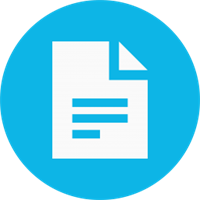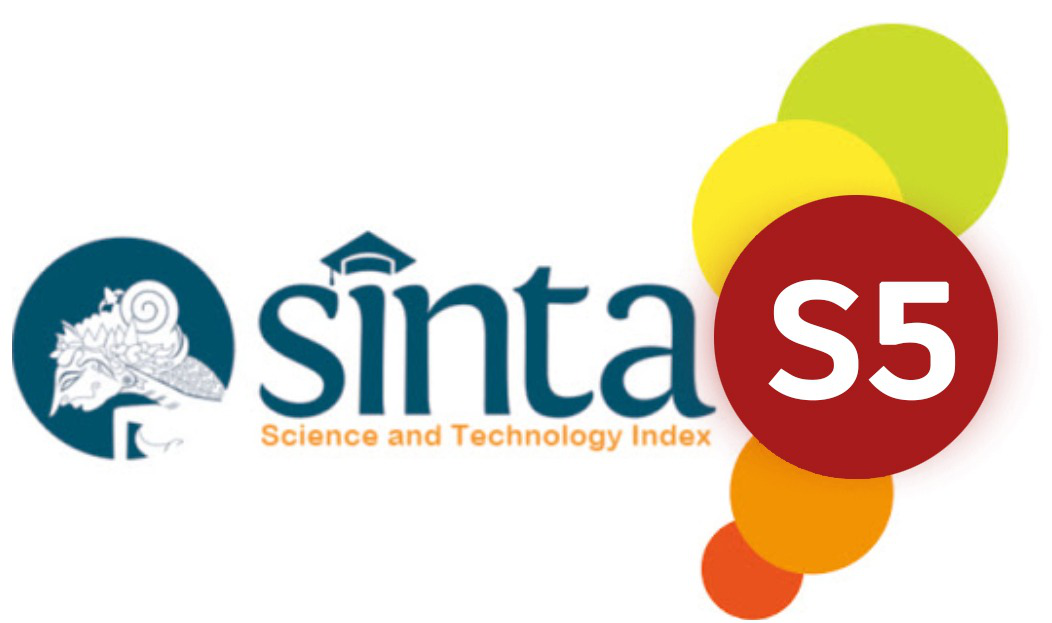DERIVATIONAL AND INFLECTIONAL AFFIXES IN THE SONG LYRICS ON THE PLAYLIST TODAYS TOP HITS ON SPOTIFY
Abstract
This research is aimed to describe the process of derivational and inflectional affixes in the song lyrics on the Playlist Todays Top Hits Spotify and to analyze the most dominant and productive types of derivational and inflectional affixes on the playlist. The result of this study shows 268 words consist of derivational and inflectional affixes. Derivational affixes contain 59 words, with the process: Verb to Noun, Adjective to Noun, Adjective to Adverb, Verb to Adjective, Noun to Adjective, Noun to Verb, Verb to Verb, Adjective to Adjective, and Noun to Noun. Inflectional affixes consist of 209 words, with the process: -s or es plural, -ing (progressive), -s third singular person, -ed past tense, -er (comparative), -est (superlative), -en (past participle), and ‘s (possessive). The most dominant and productive types of derivational and inflectional affixes are derivational suffixes and inflectional suffixes. Comparing the affixation process derivationally and inflectionally, the inflectional affix process is the most productive in the process of affixation.
Keywords: Derivational; inflectional; affix; song lyrics.
References
Apa Itu Spotify? (n.d.). Retrieved from Spotify: https://support.spotify.com/id/article/what-is-spotify/
Aronoff, M., & Fudeman, K. (2011). What is Morphology? Chichester: Blackwell Publishing Ltd.
Chaer, A. (2014). Linguistik Umum. Jakarta: Rineka Cipta.
Echols, J. M., & Shadily, H. (2014). Kamus Inggris Indonesia. Jakarta: PT Gramedia Pustaka Utama.
Fromkin, V., Rodman, R., & Hyams, N. (2014). An Introduction to Language. Boston: Wadsworth.
Hornby, A. S. (2015). Oxford Advanced Learner's Dictionary of Current English. Oxford: Oxford University Press.
Muhammad. (2011). Metode Penelitian Bahasa. Sleman: Ar-Ruzz Media.
DOI: 10.33751/albion.v4i1.5245
Refbacks
- There are currently no refbacks.
Copyright (c) 2022 Journal Albion : Journal of English Literature, Language, and Culture







